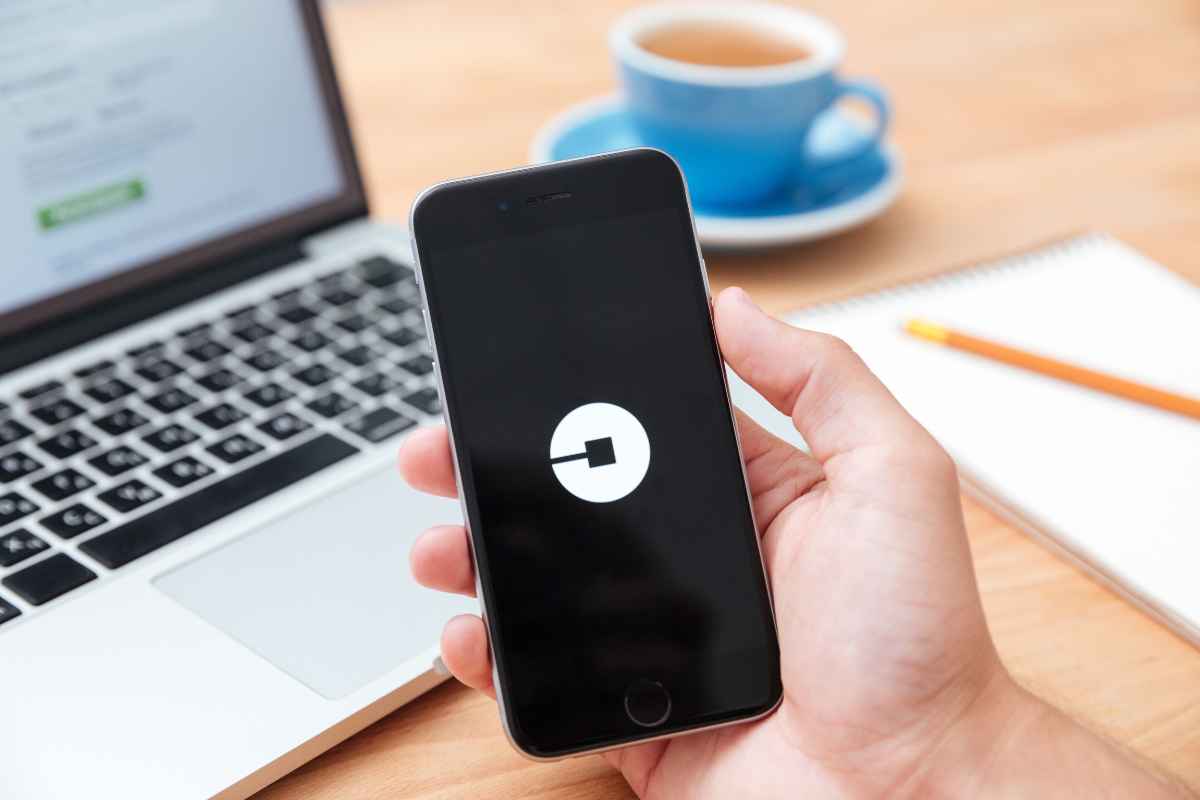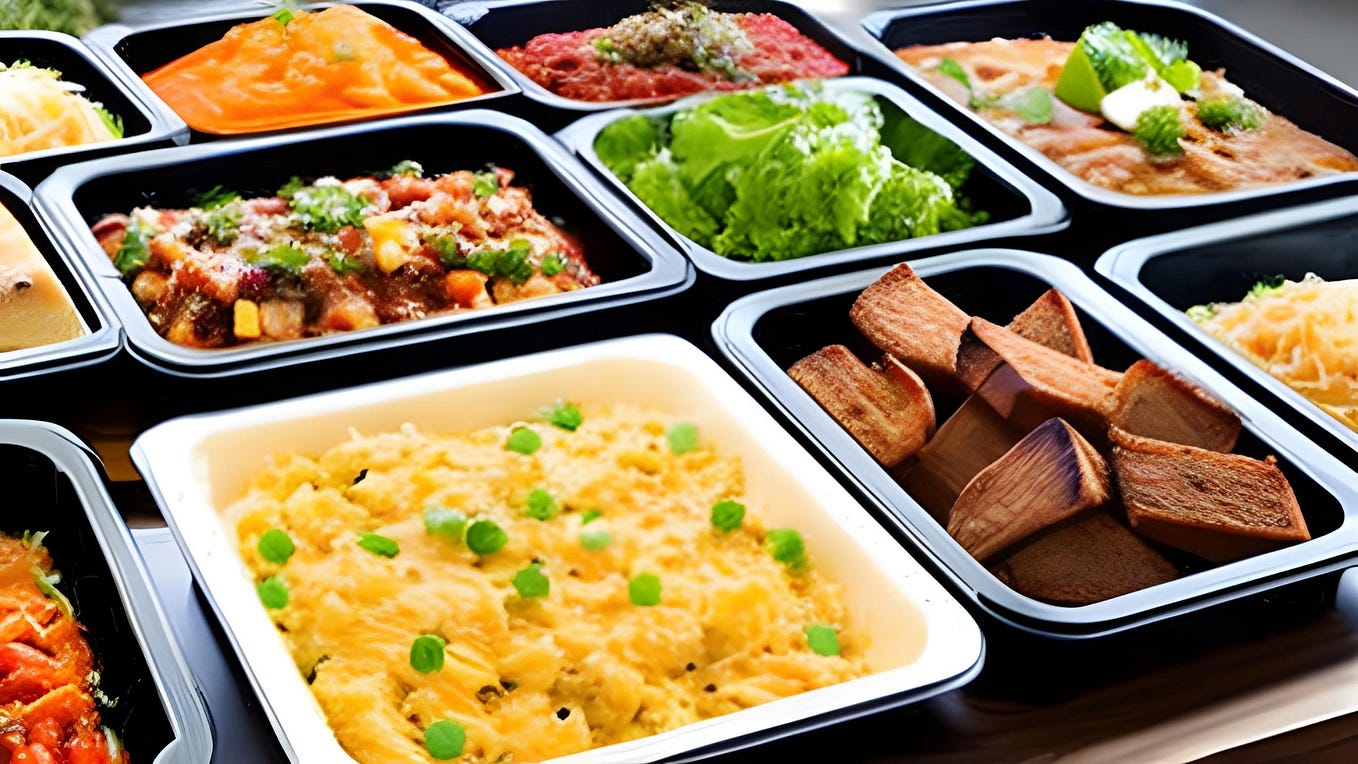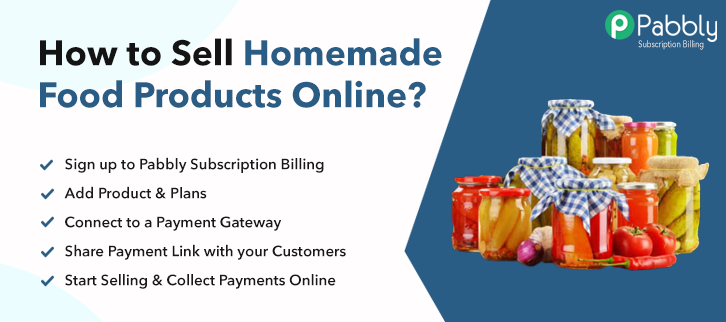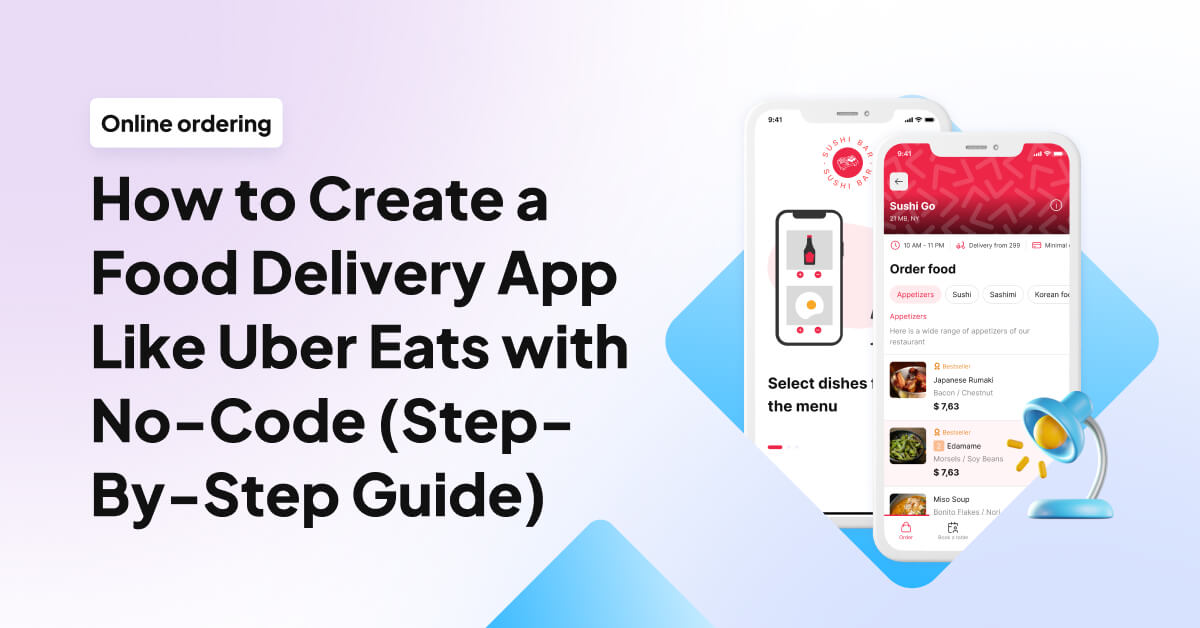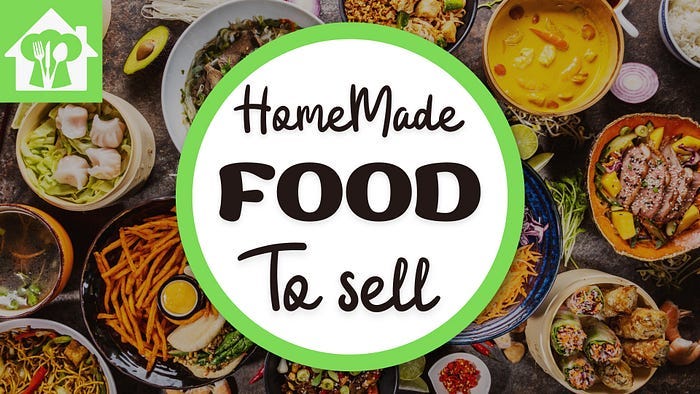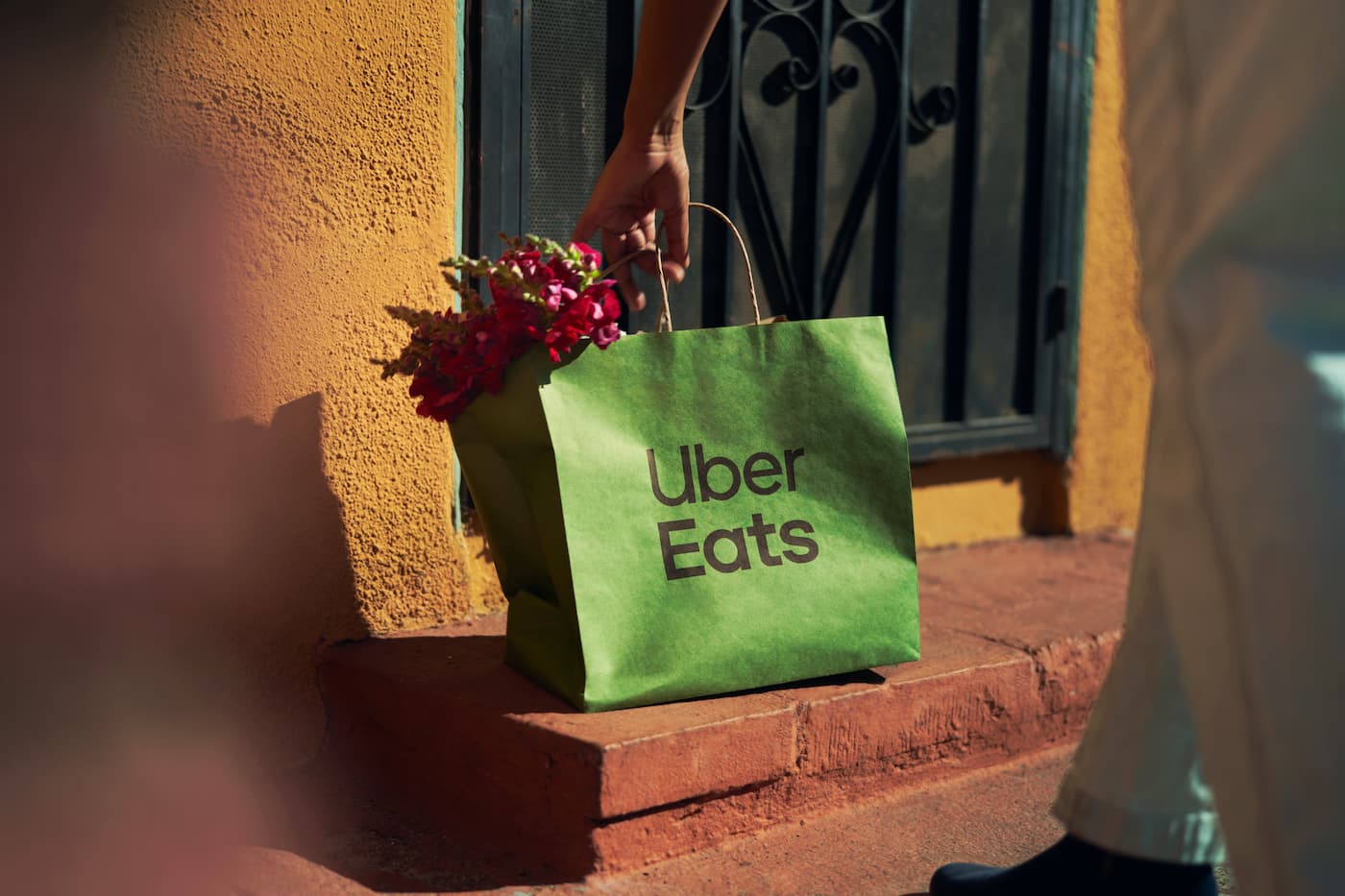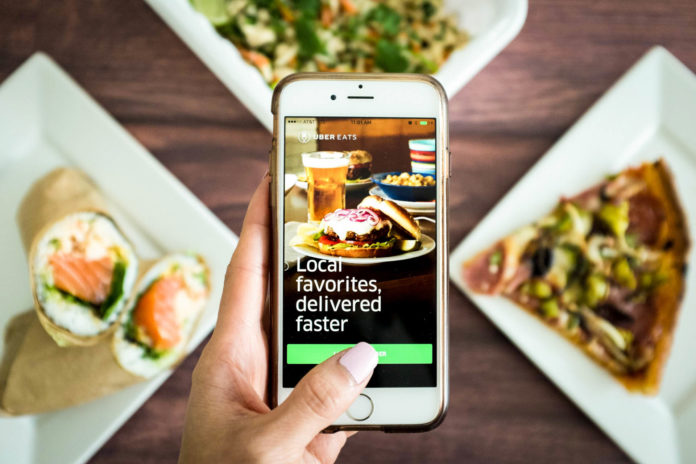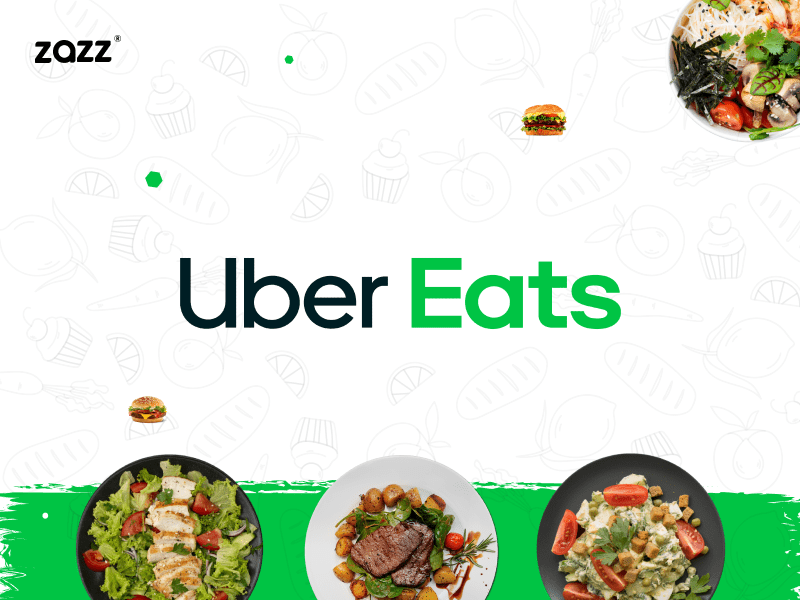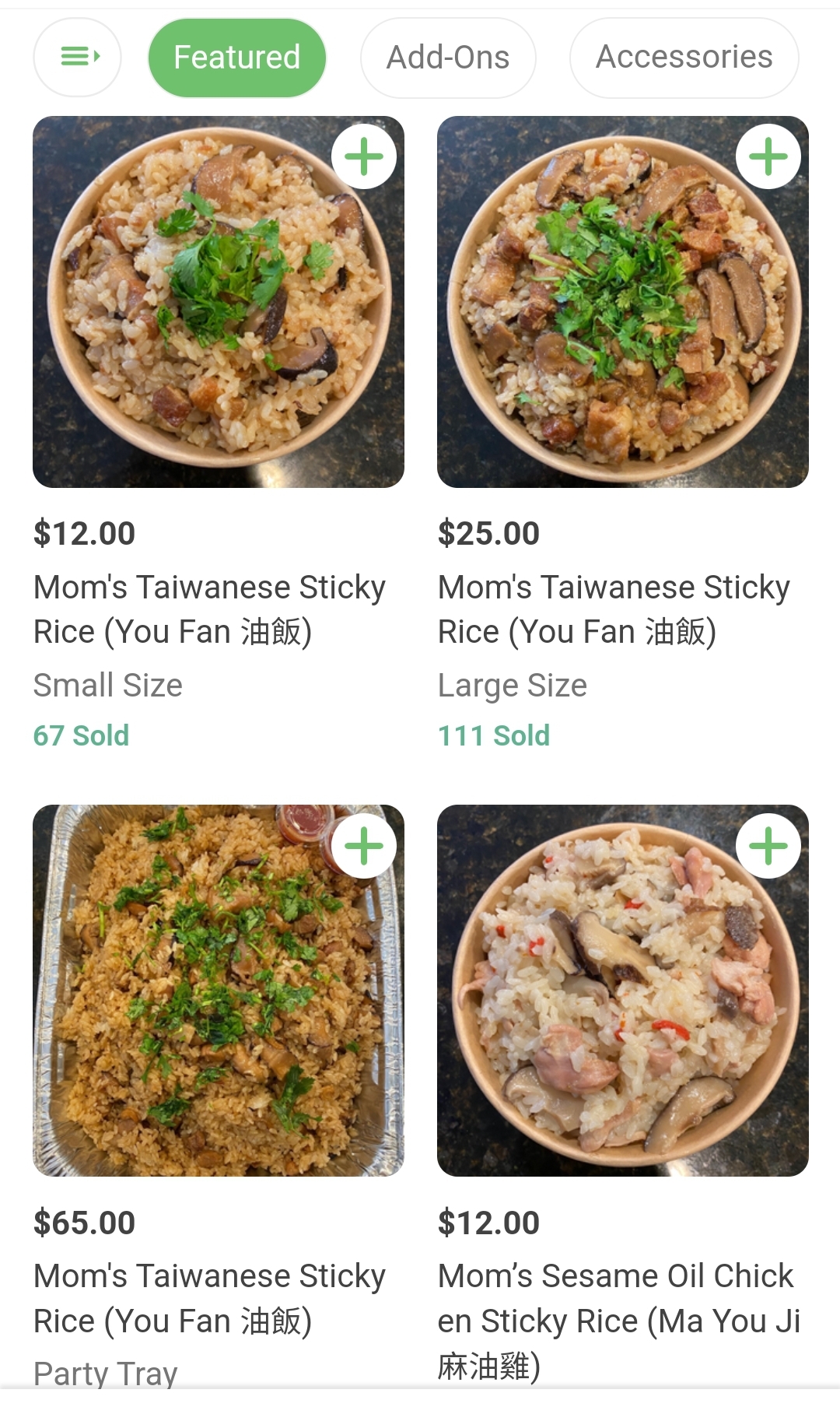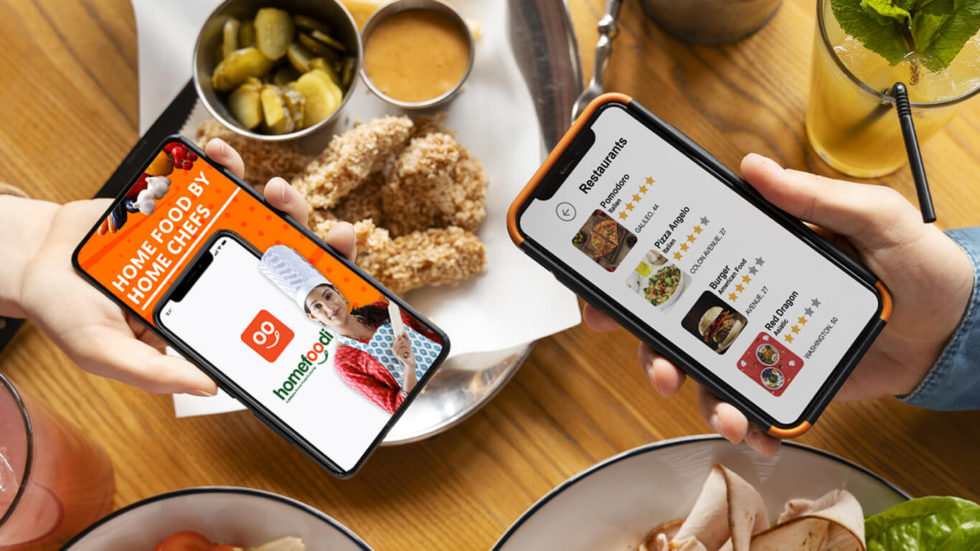Can I Sell Homemade Food On Ubereats

The aroma of home-cooked meals wafting through the air has always been a comforting allure. But can that cherished home kitchen become a viable commercial enterprise, specifically through platforms like Uber Eats? The answer is complex, fraught with regulatory hurdles, and varies significantly depending on location.
The burgeoning interest in selling homemade food through online platforms like Uber Eats highlights a critical intersection of entrepreneurial spirit and food safety regulations. This article explores the feasibility of selling homemade food on Uber Eats, delving into the legal frameworks, platform policies, and potential opportunities for both aspiring cooks and consumers.
Navigating the Regulatory Landscape
The primary obstacle to selling homemade food on Uber Eats lies within the patchwork of food safety regulations that govern the industry. Food safety laws are typically enacted at the state and local levels, creating a complex and often confusing environment for potential home-based food businesses.
In many jurisdictions, operating a food business from a home kitchen requires specific permits and licenses. These permits often necessitate adherence to strict food handling protocols, kitchen inspections, and mandatory training programs.
The FDA (Food and Drug Administration) provides guidance at the federal level, but enforcement primarily falls to state and local authorities. This decentralized regulatory system presents challenges for platforms like Uber Eats in ensuring compliance among its vendors.
The Cottage Food Law Exception
Some states have enacted Cottage Food Laws, which allow individuals to produce and sell certain types of low-risk food products directly to consumers from their homes. These laws often exempt cottage food operations from stringent licensing requirements, but typically impose limitations on the types of food that can be sold, sales volume, and distribution channels.
Even in states with Cottage Food Laws, selling through a third-party delivery service like Uber Eats may not be permitted. Many Cottage Food Laws require direct consumer interaction, such as sales at farmers' markets or direct delivery by the producer, which Uber Eats bypasses.
It is crucial to consult with local health departments or legal professionals to determine whether selling homemade food on Uber Eats is permissible under applicable Cottage Food Laws.
Uber Eats' Policy on Homemade Food
Uber Eats, as a platform, generally requires its restaurant partners to possess valid food service licenses and permits. This policy aims to ensure food safety and legal compliance across its vendor base.
While Uber Eats doesn't explicitly prohibit all homemade food operations, compliance with local regulations is a non-negotiable requirement. Vendors are responsible for ensuring they meet all applicable legal standards, and Uber Eats reserves the right to remove any vendor found to be in violation.
Uber Eats states that sellers must have all the necessary food operating permits and licenses in order to sell on the platform.
Potential Opportunities and Alternative Models
Despite the regulatory hurdles, some entrepreneurs are finding innovative ways to sell homemade food through online platforms. One approach is to operate a licensed and inspected commercial kitchen separate from the home.
This option allows for greater flexibility in the types of food that can be sold and provides assurance to consumers regarding food safety. Another approach is to leverage platforms specifically designed for homemade food sales, which may have different compliance requirements than mainstream delivery services.
These specialized platforms often focus on connecting home cooks with local customers, fostering a sense of community and transparency. Some even incorporate features like verified kitchen inspections and food safety certifications.
The Consumer Perspective
The demand for homemade food on platforms like Uber Eats is driven by several factors, including a desire for unique culinary experiences and a preference for supporting local businesses. Many consumers are drawn to the perceived authenticity and quality of homemade meals.
However, concerns about food safety and hygiene remain a significant deterrent for some. Transparency regarding food preparation practices and kitchen conditions can help build trust and encourage consumer adoption.
Consumer reviews and ratings can also play a crucial role in informing purchasing decisions and ensuring quality control.
Looking Ahead
The future of homemade food sales on platforms like Uber Eats will likely depend on regulatory reform and technological innovation. Streamlining the licensing process and providing clear guidance for home-based food businesses could foster greater participation.
Blockchain technology could be used to track food ingredients and ensure traceability, enhancing food safety and transparency. As consumer demand for diverse culinary options continues to grow, platforms like Uber Eats may need to adapt their policies to accommodate the unique challenges and opportunities presented by the homemade food sector.
Ultimately, a balance between regulatory oversight and entrepreneurial freedom will be necessary to unlock the full potential of this emerging market.

